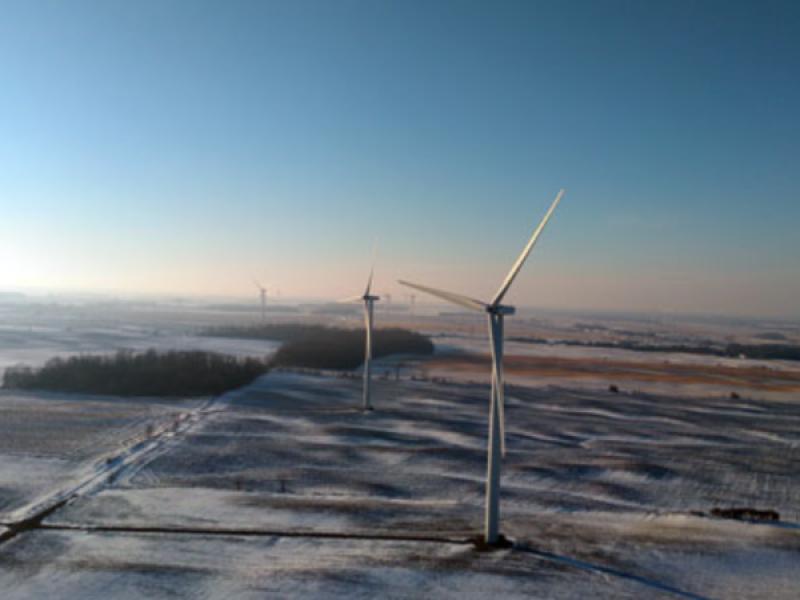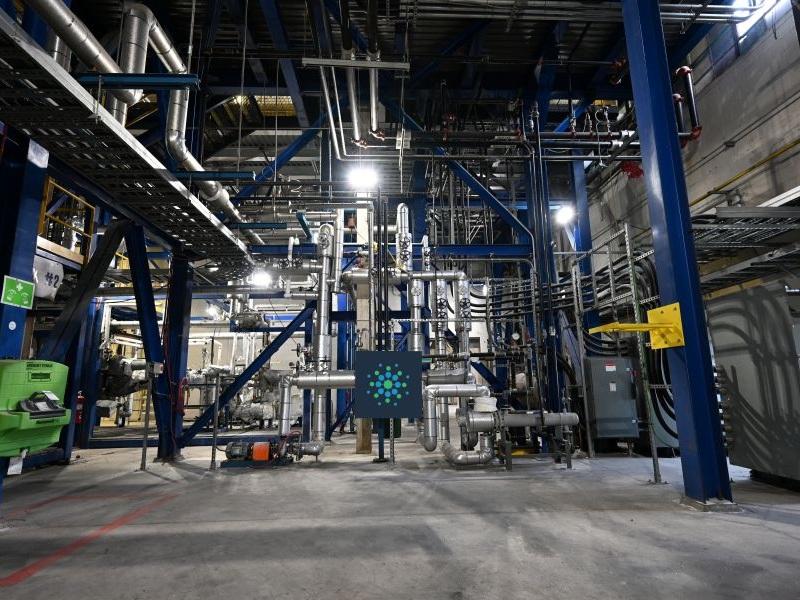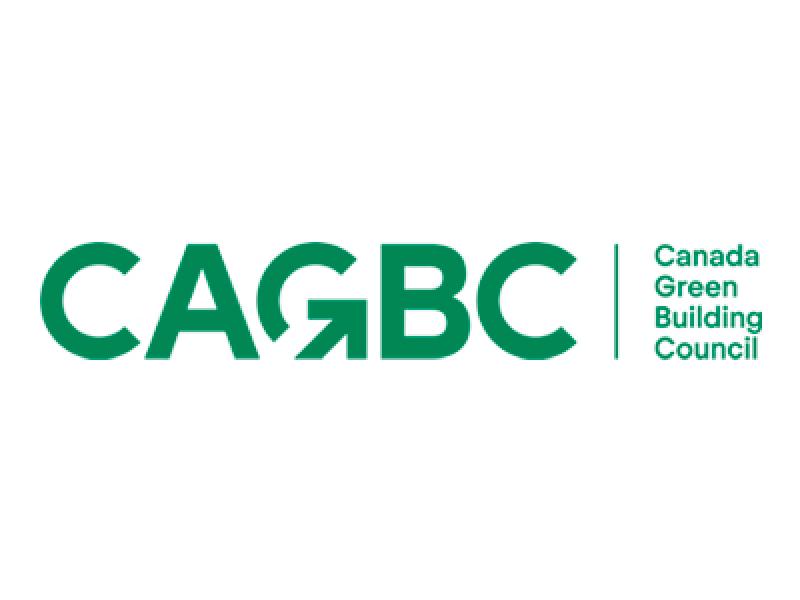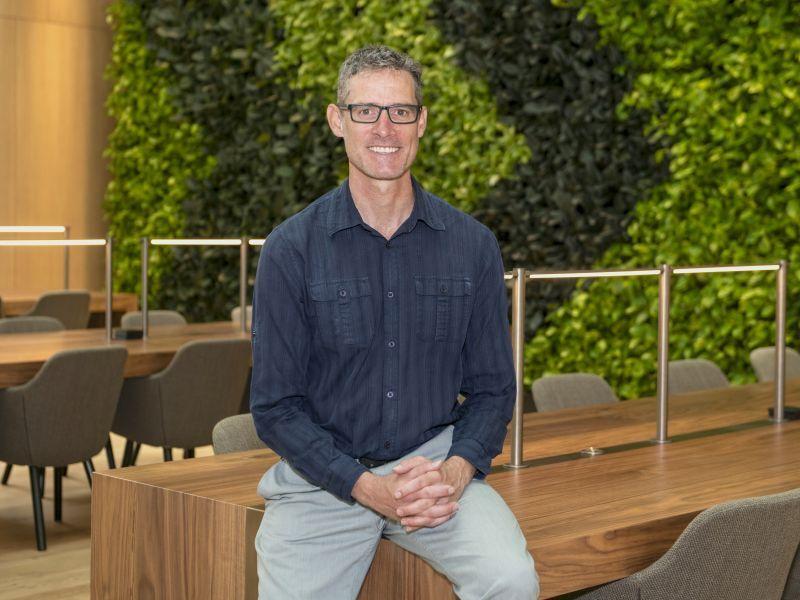
Products distributor Bunzl Canada Inc. wants to help its customers reduce the environmental impact of their deliveries by offering them a carbon calculator and advice on how they can take more efficient routes.
Based in Burlington, Ont. with its headquarters in London, U.K., Bunzl provides supplies such disposable food packaging, cleaning and hygiene products and safety equipment to over 55,000 Canadian businesses.
The company developed the Carbon Footprint Calculator to support the sustainability objectives of its clients, which demands addressing supply chains in which Bunzl is involved. With its own climate targets to achieve as well, Bunzl was motivated to be a force for change, its vice-president of marketing and communications Margo Hunnisett told Sustainable Biz Canada.
“Having those goods delivered to them is not optional,” she said in an interview. "But what is optional is the amount of emissions associated with those deliveries," she added. "That’s something that together, working with our customer, we can take action to try to reduce.”
Starting nationwide with its cleaning and hygiene business, Bunzl intends to roll out its no-fee service for all the businesses it supports.
A carbon calculator and advisor
Supply chain emissions are arguably the most difficult to reduce because they are often out of an organization’s direct control - generally bundled under the Scope 3 envelope. The Carbon Footprint Calculator, however, is a way to open a window into this segment of a business's operations and take action.
Plugging-in data from hundreds of thousands of deliveries including fuel consumption, weight of the goods and mileage, Bunzl models the least carbon-intensive routes to move goods to its customers. As its deliveries are often made daily, it will quickly add up to making a dent in carbon intensity, Hunnisett said.
After meeting with its client, Bunzl will provide suggestions to reduce emissions, such as consolidating orders or following a fuel-efficient delivery schedule.
“This is a collaborative initiative with the customer. It’s not just a matter of reducing deliveries,” Hunnisett said. “It really is about working with the customer to create a balance that supports both their business operational imperatives as well as their sustainability goals.”
Once the customer has selected a program, Bunzl will share the amount of offset carbon on a dashboard that illustrates the impact in tangible comparisons, such as the kilometres driven by a passenger vehicle.
Since its clients most interested in the calculator have their own stated carbon reduction goals, relaying the data is a welcome feature because it can be easily transferred onto a sustainability report, Hunnisett said.
Bunzl's Canadian operation is not the first branch to offer such a program. The calculator was taken from the U.K. operations and adapted to the Canadian market and regulations.
Other companies that have taken similar steps include Canadian Pacific Kansas City with a carbon emissions calculator for the freight from its rail network in North America, and Invert Inc., which offers a mobile app that tracks individuals’ impact.
Though too early for extensive feedback, Hunnisett said Bunzl has received positive responses to the sustainability initiative.
Bunzl’s sustainability efforts
Besides helping its clients shrink their carbon emissions, Bunzl has its own to consider as a company. The firm has a net-zero target for 2050 or earlier approved by the Science Based Targets initiative.
Bunzl Canada has taken actions to reduce the energy use from its warehouses via LED lighting retrofits and motion sensors. It combines shipments whenever possible to reduce the number of trucks sent out on deliveries, and uses route optimization and fleet monitoring solutions to cut fuel consumption.
For the company as a whole, its 2024 sustainability report notes the transition into electric and zero-emission vehicles and prioritizing logistics partners that use a higher proportion of low-emission fuels.
To establish a low-carbon supplier network, Bunzl is requiring the top 80 per cent of its suppliers by emissions to set and deliver short-term reduction targets between 2027 and 2037.
As a way to encourage the use of low-carbon commodities, the company is backing the long-term decarbonization of the plastics, paper and textiles industries.
Bunzl says it is on track to achieve its 2030 climate target, which includes a 27.5 per cent reduction in emissions and a 50 per cent decrease in emissions intensity. Since its 2019 baseline, Bunzl has cut its absolute emissions by 18 per cent.










